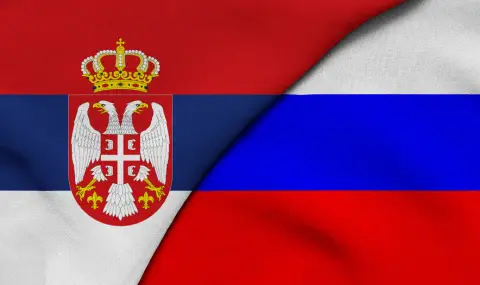Serbia serves as a megaphone for Russian propaganda, ignoring EU sanctions against Russian media, said Pavol Salai, head of the regional bureau of “Reporters without Borders” for the Balkans, in a statement to AFP. The international organization called on the European Union to hold Serbia, which is a candidate for EU membership, to account for its role in spreading pro-Kremlin disinformation in the region, BTA quoted.
According to a report published earlier this month by “Reporters Without Borders”, Russian media outlet "RT" (formerly Russia Today) uses its Belgrade office, known as “RT Balkans”, to spread disinformation in favor of the Russian regime. Although “RT“ is banned in the European Union after the Russian invasion of Ukraine in 2022, it continues to operate freely in Serbia.
„RT Balkans did not bring Russian propaganda to Serbia, but adapted the Kremlin's discourse to the audience in the country, allowing it to spread more easily throughout the region,” writes in the report of “Reporters without Borders”. By allowing this, the Serbian government is actually helping to spread pro-Kremlin narratives, believes Pavol Salaj.
Serbian authorities have not officially commented on the allegations, but Deputy Prime Minister Aleksandar Vulin, who has close ties to Moscow, has said that Serbia is an “island of freedom”.
The report provoked a sarcastic reaction from “RT Balkans”, which stated: “We created RT Balkans just to annoy “Reporters Without Borders”.
Although Serbia has condemned the invasion of Ukraine, the country has not joined Western sanctions against Russia, allowing media outlets such as “RT“ to continue to work freely. According to “Reporters without Borders”, this represents a serious violation of the European standards that EU membership candidates must meet.
„Fighting the Kremlin's propaganda should be a requirement for joining the EU,” said Pavol Salai. The EU has not yet made an official comment, but Brussels has repeatedly expressed its expectations that the candidate countries will synchronize their foreign policy with that of the Union, including in the area of sanctions against Russia.
